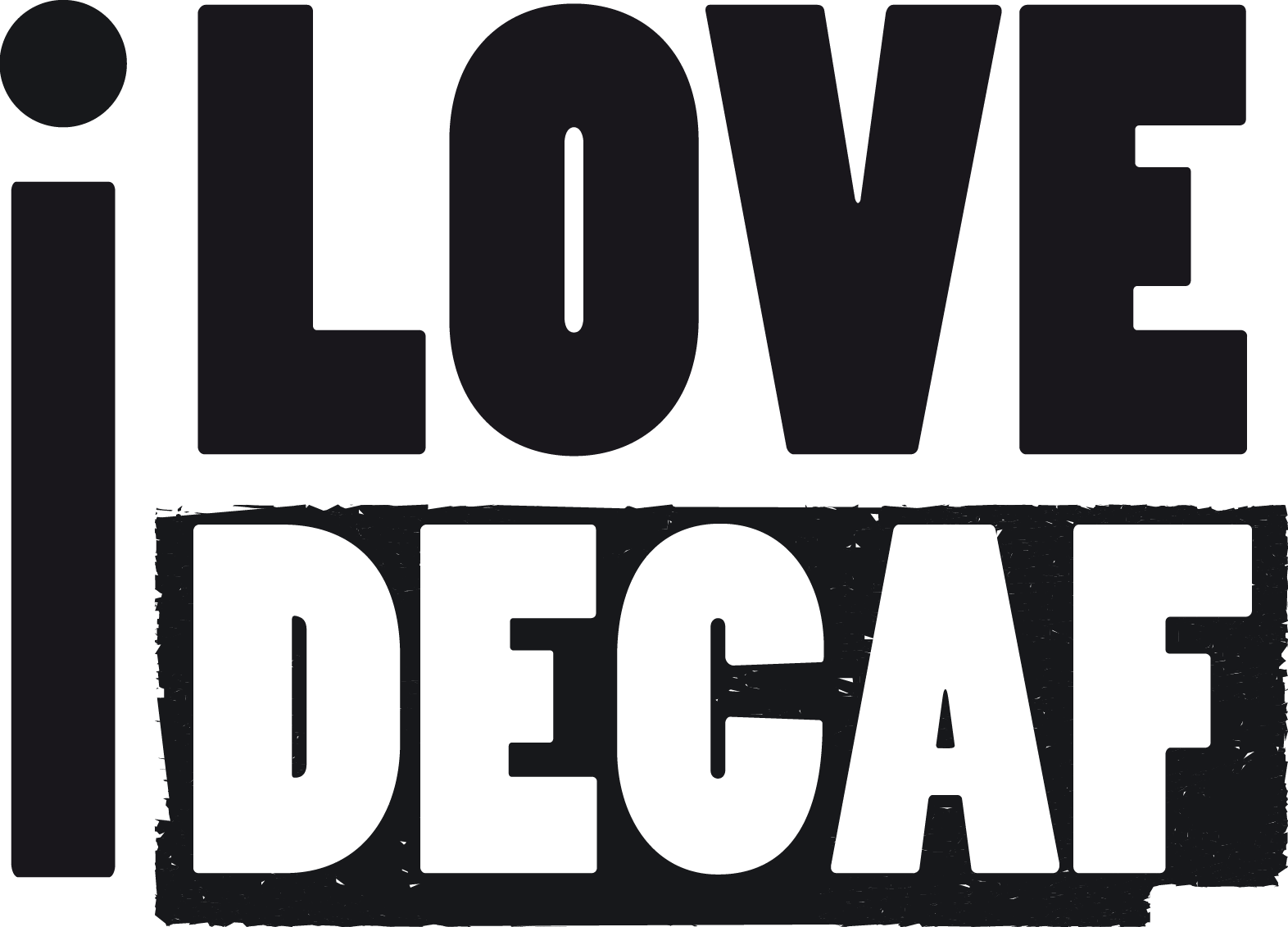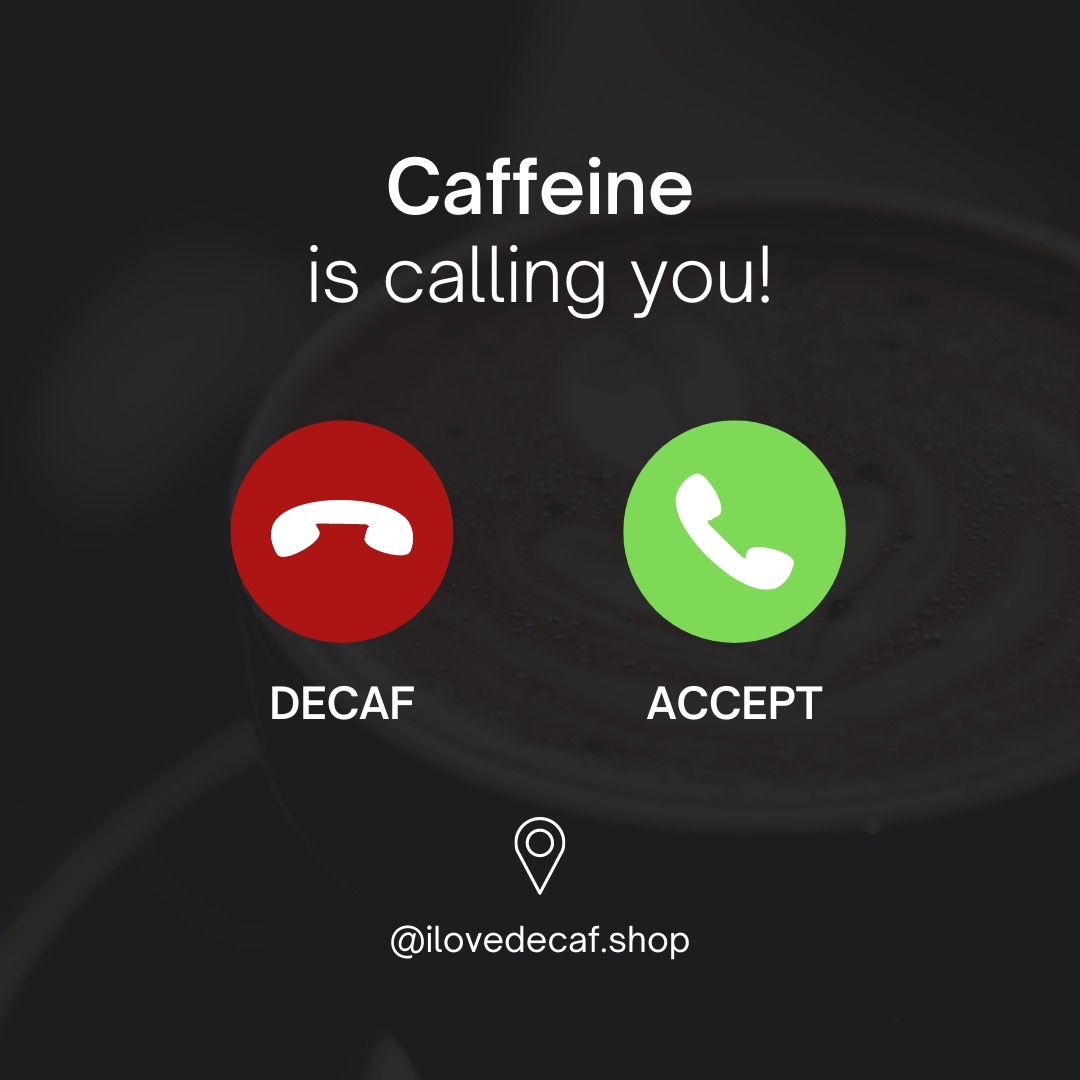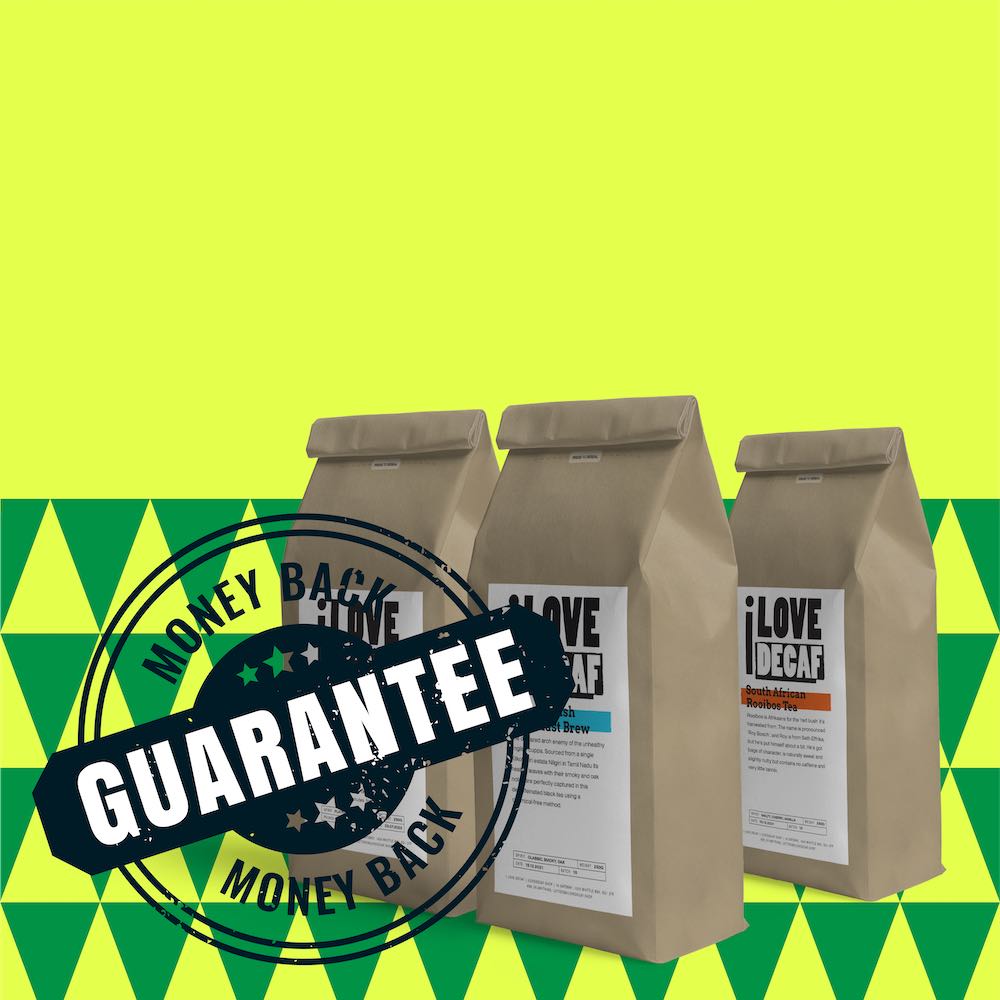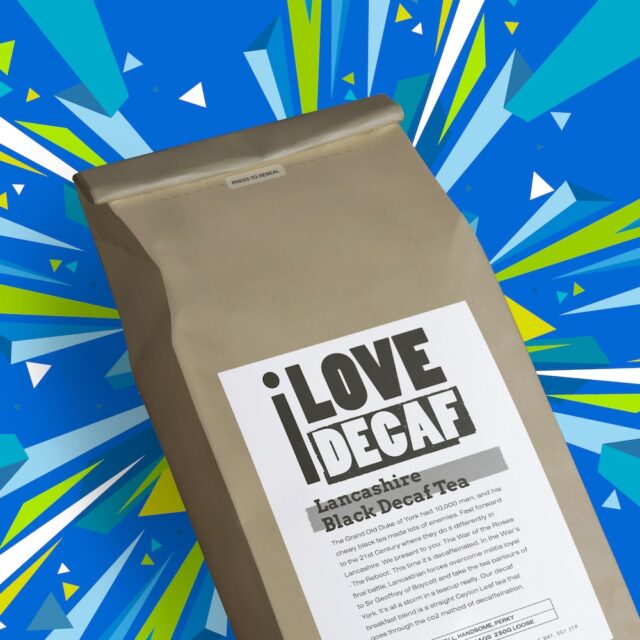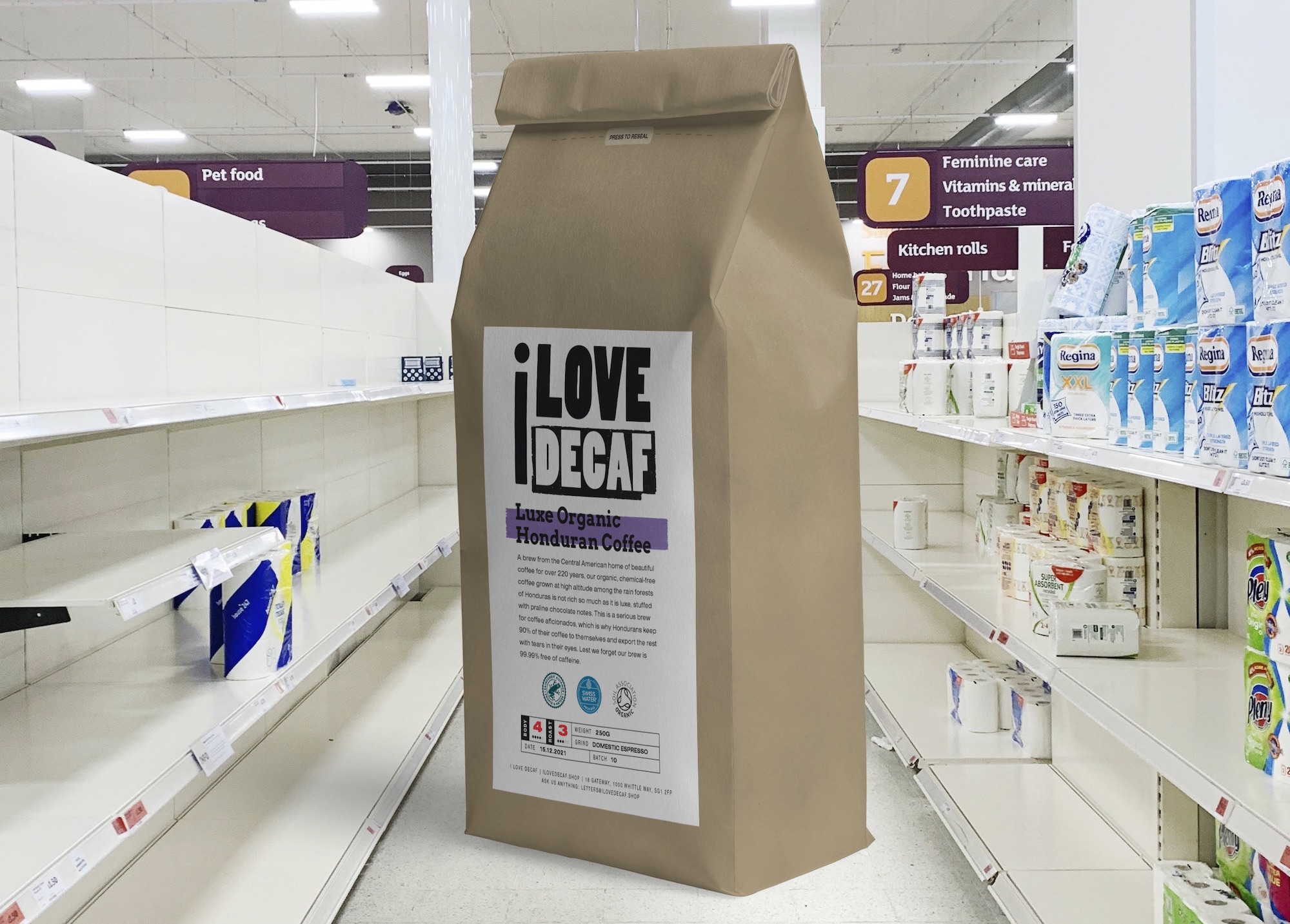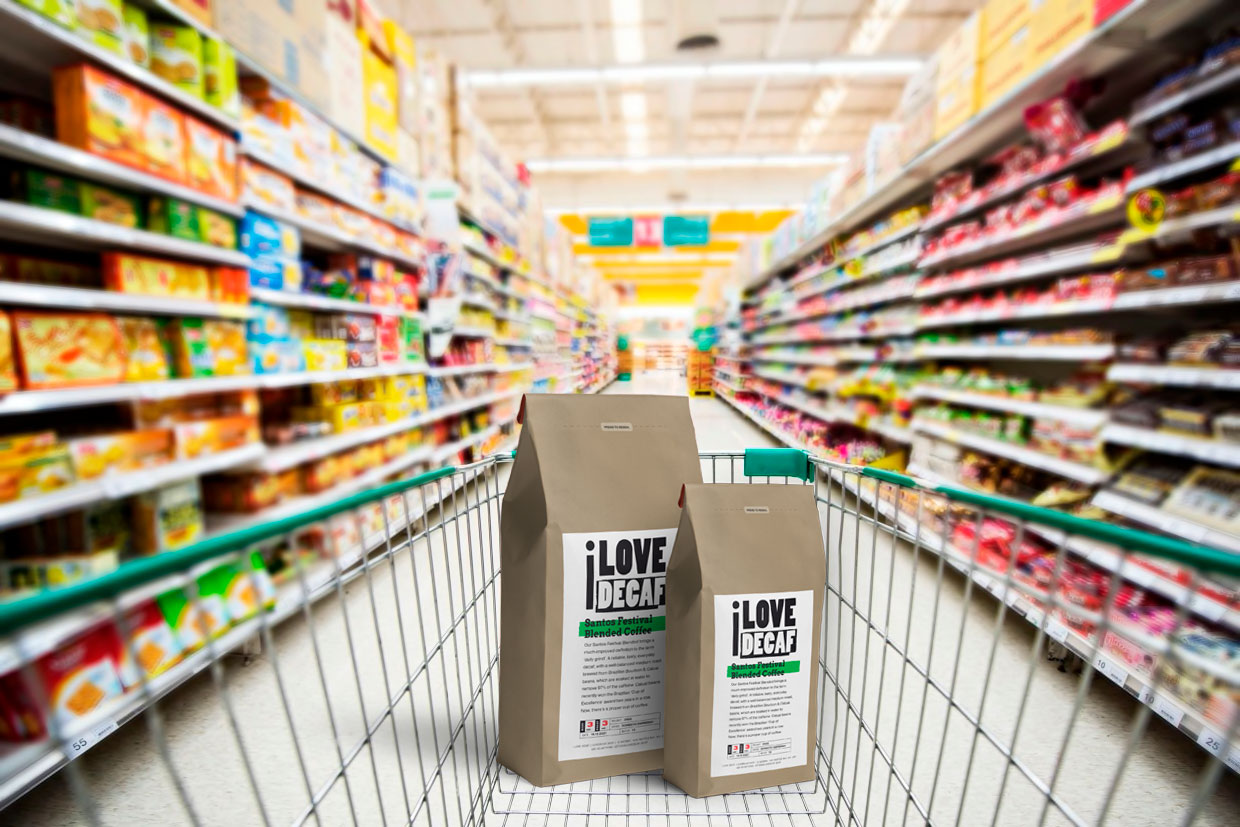I used to be one of those people who would drink not just coffee but energy drinks and colas on top, often throughout the day. I was under the impression that the caffeine spritzing through my veins from all different angles was necessary for living a happy and productive life in the city. But as it turns out, when you reduce your intake for a month or two (more like 3-4 months) you can experience some pretty wild changes to your health!
Decaf: How much do you need to go there?
When it comes to the benefits of decaf, there is no one-size-fits-all answer. The amount of caffeine you need depends on your individual tolerances and sensitivities. Some people can drink multiple cups of coffee a day without any negative effects. Others may start to feel jittery and anxious after just one cup.
If you’re thinking about reducing your caffeine intake, it’s important to pay attention to how your body responds. If you notice any negative changes, such as increased anxiety or difficulty sleeping, you may want to cut back on the amount of caffeine you’re consuming.
It’s also important to remember that caffeine is found in more than just coffee. Tea, soda, and energy drinks all contain caffeine. So, if you’re trying to reduce your intake, you’ll need to be mindful of all the sources of caffeine in your diet.
1. Caffeine and adrenaline levels
- Caffeine and adrenaline levels: When you reduce caffeine intake, your body no longer has the same level of adrenaline. This can lead to feelings of fatigue and low energy. This is a temporary thing.
- Caffeine and blood pressure: Caffeine can also affect your blood pressure. When you reduce your caffeine intake, your blood pressure may drop. This is usually seen as a good thing as a first step to fight hypertension, but it can also cause dizziness.
- Caffeine and anxiety: Another common effect of reducing caffeine intake is increased anxiety. This is because caffeine can help to improve focus and concentration. When you reduce your caffeine intake, you may find it more difficult to focus and concentrate on tasks. Again – this is a temporary effect.
- Caffeine and sleep: finally, reducing caffeine intake can also disrupt your sleep patterns. This is because caffeine can make it difficult to fall and stay asleep. If you reduce caffeine intake, you may find yourself feeling more tired during the day. A temporary reduction in alertness is to be expected, but you will soon find your attention level improving without caffeine.
2. The consequences of reducing caffeine intake
When you reduce your caffeine intake, you may experience some consequences.
- One consequence of reducing your caffeine intake is that you may feel more tired during the day. Caffeine is a stimulant, so when you reduce your intake, you may find that you need to take more naps or sleep for longer periods of time. You may also find that you have trouble concentrating when you reduce your caffeine intake. Caffeine can help to improve focus and concentration, so without it, you may find it harder to stay on task.
- You may also experience headaches when you reduce your caffeine intake. This is because caffeine can help to constrict blood vessels, and when you reduce your intake, those blood vessels may expand, leading to headaches.
- Finally, you may find that your mood changes when you reduce your caffeine intake. Caffeine can help to improve mood and energy levels, so without it, you may feel more sluggish and down.
3. Spring Cleaning to Reduce Caffeine Intake
Spring Cleaning to Reduce Caffeine Intake:
- If you’re trying to reduce your caffeine intake, one thing you can do is spring clean your diet. This means getting rid of all the foods and drinks that contain caffeine. This includes coffee, tea, soda, energy drinks, chocolate, and even some medications. By getting rid of these things from your diet, you’ll be able to reduce your caffeine intake significantly.
- Cutting Back Gradually: Another way to reduce your caffeine intake is to cut back gradually. If you’re used to drinking several cups of coffee per day, try reducing it to just one or two cups. You can also switch to decaf coffee or tea. Or, if you typically drink energy drinks, try switching to a non-caffeinated version. Cutting back gradually will help you reduce your caffeine intake without feeling too much withdrawal.
- Avoiding Caffeine Triggers: In addition to cutting back on caffeine gradually, you can also avoid triggers that make you want to consume caffeine. For example, if you tend to drink coffee in the morning because you’re tired, try changing up your routine. Instead of drinking coffee, try walking or exercising to wake yourself up. Or, if drinking coffee before going to bed makes you feel more awake, treat your insomnia in another manner. Speak with a health professional about your insomnia and follow their advice for getting good sleep at night.
How to reduce caffeine intake
If you’re looking to reduce your caffeine intake, there are a few things you can do. First, try switching to decaf coffee or tea. You could also cut down on the amount of coffee or tea you’re drinking each day, but this usually only works for a while.
You can also try alternative beverages like herbal tea or water. Drinking plenty of water is always a good idea, and it can help to flush out the caffeine in your system.
Finally, be sure to eat a healthy diet and get plenty of exercise. Eating healthy foods and getting regular exercise will help to boost your energy levels and reduce your need for caffeine.
Do what?
If you’re used to drinking a lot of caffeine, reducing your intake can have some pretty unexpected effects. You might find yourself feeling more tired than usual or experiencing headaches and mood swings. But don’t worry, these side effects are only temporary as your body adjusts to its new caffeine level. In the long run, you’ll be glad you made the switch to a healthier lifestyle.
